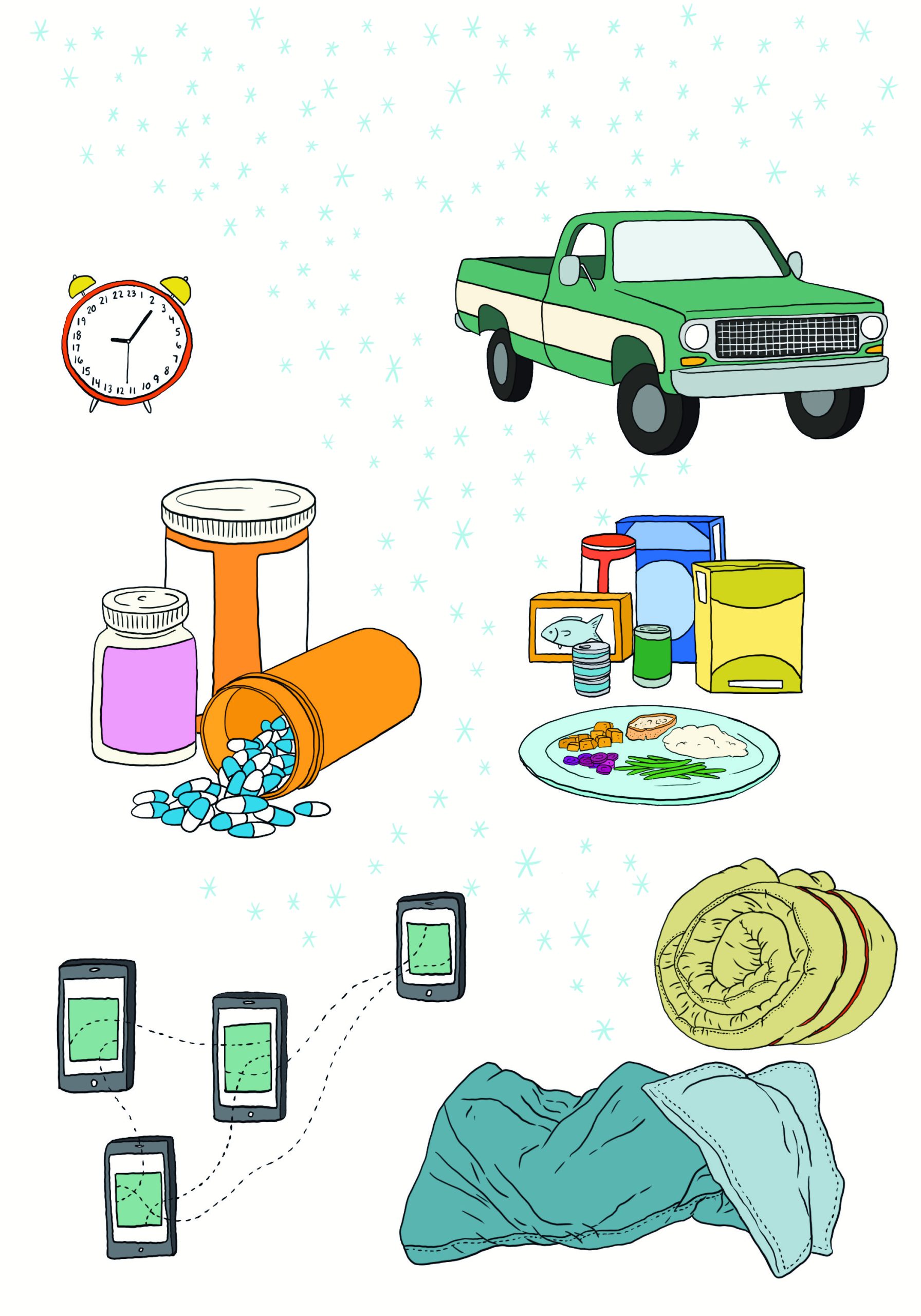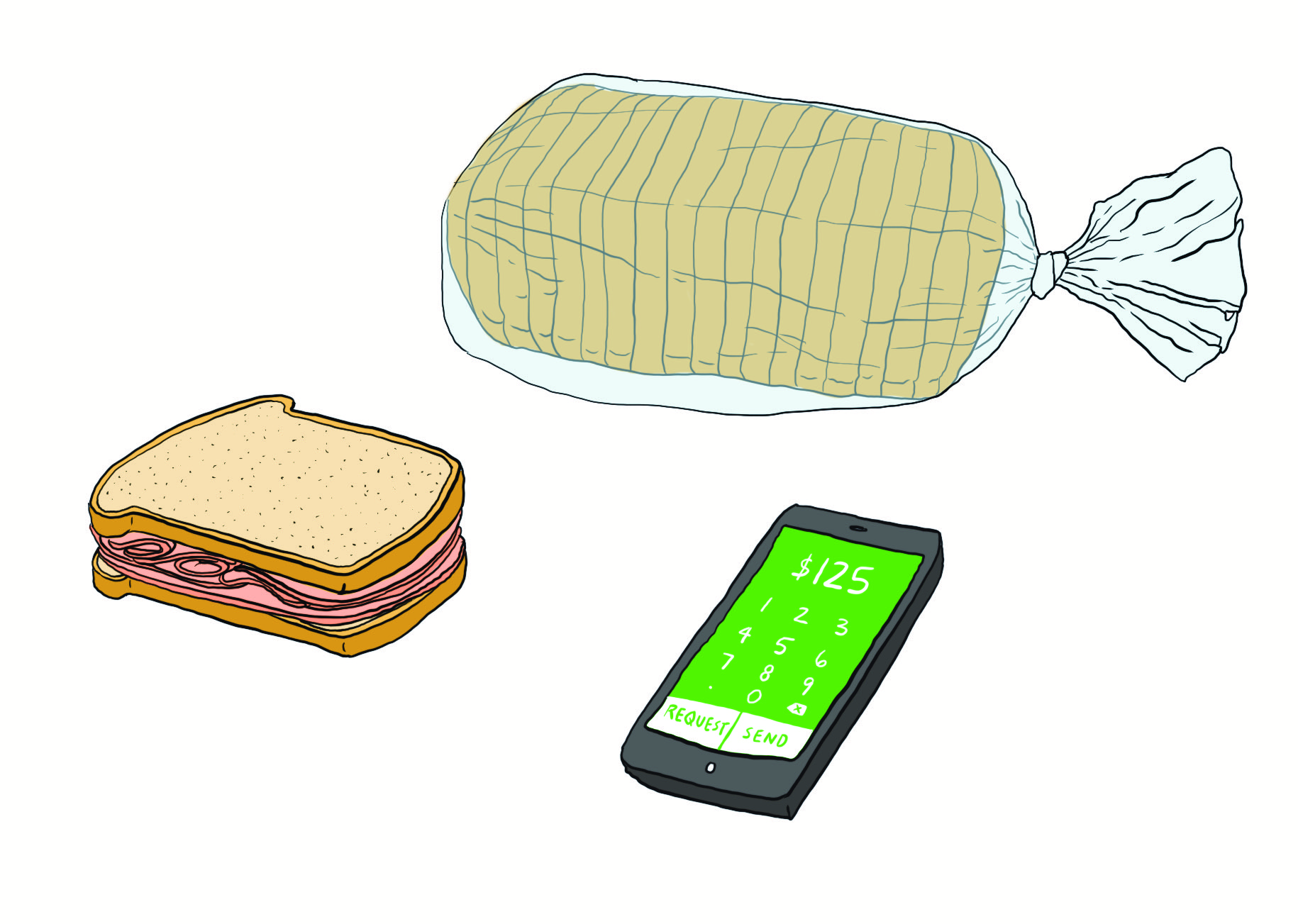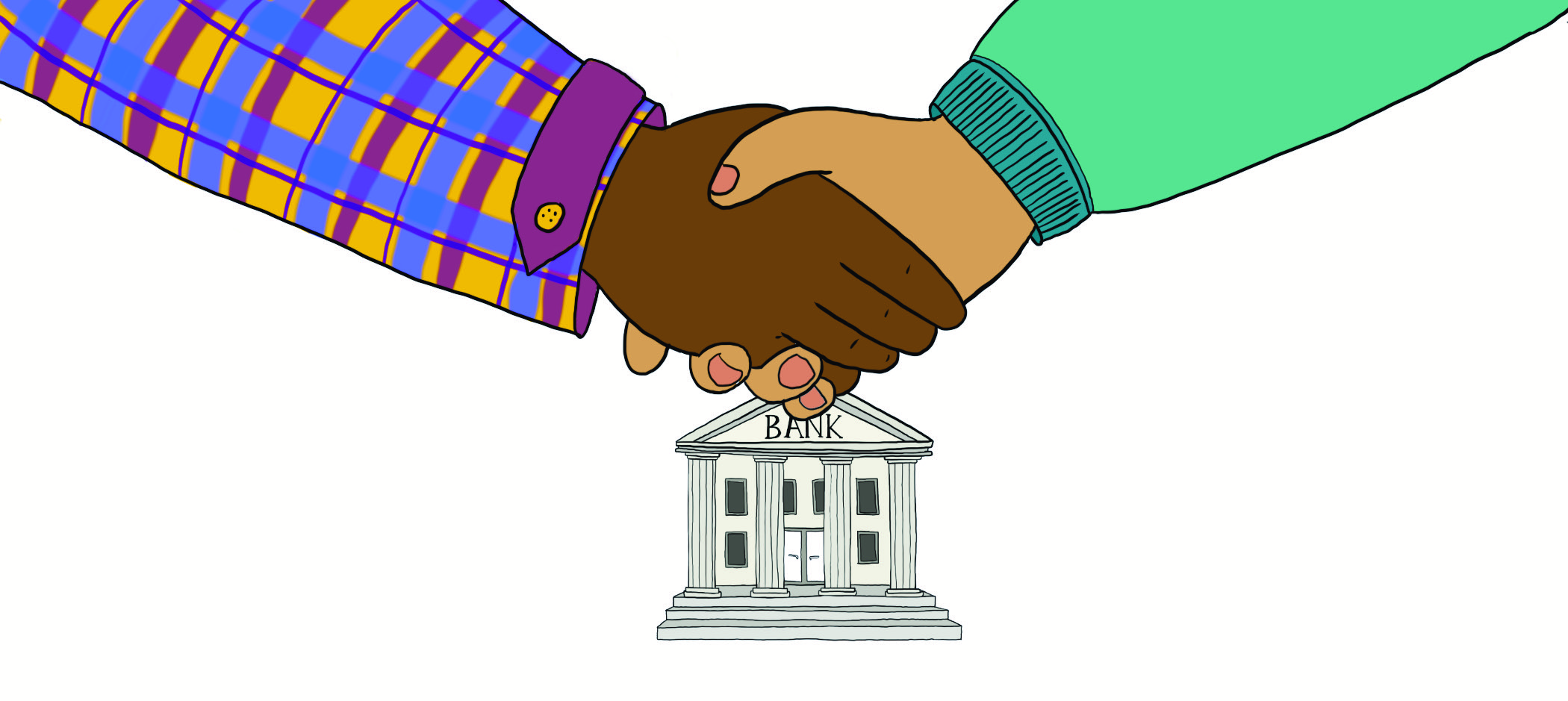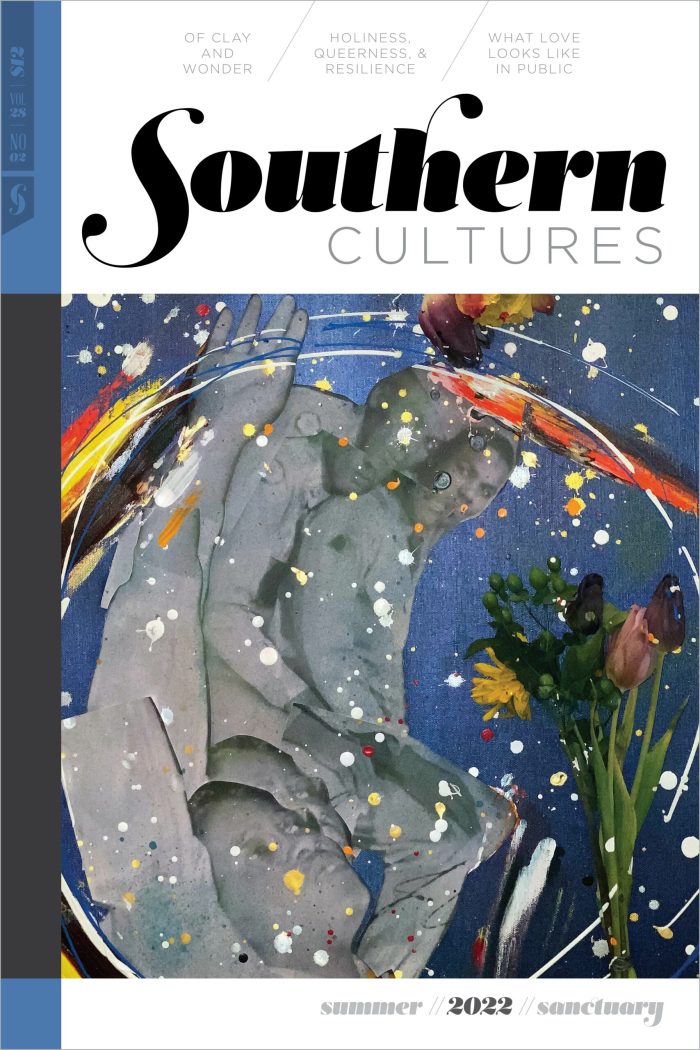Winter 2021. It is bitter cold on the edges of the holler where we live in central North Carolina. A polar vortex moves through the Piedmont and extends itself into Charlotte. The voices of loved ones ring in my ears. We need more solidarity pledges. We need a lawyer. We need more fair housing. We need cheaper meds. We need someone who can drive sleeping bags and food to the western part of the state. We need a better banking platform and a new app. We need more sleep and hours in the day. We are struggling to work, eat, and live. We are all exhausted from a deep and persistent fear of the unknown, represented in a viral organism that we cannot see, taste, or feel—at least at first—one that continues to figure out what we are and exploit the structures everywhere that are built on persistent inequalities. We also know that this is a lesson for our time because many of us keep to the old ways and could see something afloat in the distance.1
As I hop into my truck, I think of Tiz on their way to work at the local co-op. I get three alerts on my phone: one from my “real” job, another from one of our “house” members (#HouseofHolland), and the third from a colleague about a brewing collective intervention (again) among concerned BIPOC faculty. A year into the pandemic and, like everyone else around me, I am so frazzled. I feel like I am living a compartmentalized life—we emerge from one world to live for a time in another. It is surreal, and unsustainable.2
I scroll through my various forms of information delivery—an exhausting array of platforms in and of themselves—Facebook and Instagram DMs, Signal, Gmail, WhatsApp, my formal university email, and Microsoft Teams. I wanted to be “informed” before I responded to any of them. Our messages to one another are so fast and furious that it can take more than fifteen minutes to scroll back to messages sent in the same day. And yet, these digital forms of communication are the network that we rely upon to make our work possible. Among all manner of data, I find myself in the midst of three narratives, or three lives—a quick nod to Gertrude Stein—that represent what it means to survive a pandemic, which sends the worlds you inhabit spinning away from one another, placing each in painful and stark relief. Evidence of this despair, the impossibility of impossibility, is in my own archive. During a meeting of one of the various committees I am on, a faculty member speaks to future initiatives and I write in my journal, “What will all of this matter when the lights go out?“

TG
“Sir, it goes over your nose.” The co-op had been my safe place for so long. A heartbreaking number of regular customers are refusing to do the bare minimum to keep us workers safe; some are especially furious with us for insisting on mask compliance. They get in my face and puff out their chests and loom over me in entitled rage. One day, a group clad in fascist gear entered the store without masks, staging their own protest among us, as if any of us workers had the power to determine mask policy. I remember the small child in a screaming woman’s arms that day, and I cannot unsee how far we will go to put others at risk for our own entitled beliefs. But I am housed. I have food in the fridge. Access to lifesaving healthcare. I am grateful. Still, industry sources say grocery workers are dying in droves. Am I next? My immune-compromised husband? When will death come home to roost? What if I quit? But I can’t lose my healthcare. I can’t lose the prescriptions and treatment plans that keep me functional, the providers that help me stay alive and employed. I can’t lose my home. I can’t sleep in cars, tents, and barns again. Trade my body and labor for shelter. Some of our more vulnerable QTIPOC fund recipients are living in that familiar precarity—survival sex work, street sleeping, untreated PTSD—in constant peril, living with intersectional marginalizations that I have never faced. My heart aches for them, and holding space activates feelings of scarcity that teleport me back to those years when I lived so dangerously. I can never live like that again. So I go to work but lie in bed for hours before each shift, paralyzed by fear and hypervigilance. My husband holds me and tells me I am safe.

SPH
The first text alert I received tells the story of management, ubiquitous in jobs that are connected to institutions. My university email contained yet another request for a round of data collection from faculty about various COVID-related outcomes for research and teaching. While these emails and the various Zoom meetings gestured toward structures of care, they fell short. Requests for information taxed an already energy-depleted population. Trying to keep an administrative finger on the pulse of faculty and staff, upper admin wanted to know about our conditions, a sign of care. But we knew there would be little reciprocity: that the outlining of unsustainable conditions on the ground would not be addressed in substantive ways. Structural inequality, ever present in institutional spaces, would be intensified, not abated, under and by the same institutional demands to identify the multitude of problems created by the pandemic. More than ever, the pandemic has outlined the mistake in our reliance upon capital and its flows to answer the day’s most pressing questions. The collective and not the individual is where the coming community must live; capital precludes ethical relation; ethical relation is sanctuary from a number of storms, at or behind our horizon. And yet, without resources, without a redistribution of wealth (measured in so many ways), our communities are destined to struggle.
The prevalent questions of the day point toward reparation and redistribution of wealth, toward ongoing community-organized healing that is so far outside the scope of the tuition-generated and donor-secured means of doing work in a modern university. In fact, the stranglehold on resources that besieged the university almost a decade ago eroded enrollment in the humanities, where the numbers of BIPOC and/or cis-gendered women are the highest. The pandemic only increased the gaps in worker wages. The most staggering data coming from those scholars and think tanks tracking academic labor; they noted cis-gendered women caregivers in the home, who are estimated to have lost nine weeks of research (more than a whole summer) in the first year of the pandemic alone.
TG
On one of my only days off in a week, I call to check on my mother, who is in her late sixties and asthmatic. She is still breathing. Safely ensconced and taking in the country air. She thanks me for my frontline grocery work, for my service to the greater community. I am shocked into silence by how we cannot connect in this moment. I want to explain to her that her adult child is trapped by capitalism and a social safety net on the brink of collapse. I try to explain with the tools of love and care that I’ve learned being part of our incredible mutual aid community, but she gets tense, then quickly ends the call. She does not like to be reminded of our class differences. I feel a wave of deep sadness. She was raised by people who survived the Great Depression and two World Wars. I want to remind her of that history, that her sense of scarcity and entitlement—which seem at opposite ends from one another—are passed down. I remember why I called her. On the news, so many elders dead. And my mother is still breathing. I am grateful.
SPH
The second alert that reached me that frosty morning involves faculty governance and organizing among BIPOC colleagues to bring issues of inequity front and center in our approach to the pandemic. It highlights the true work of the institution, work that is necessary and ethical, but marginalized under the umbrella called DEI (Diversity, Equity, and Inclusion) so that these concerns become the particular provenance of an office or even a person who is supposed to keep us honest. The present-day functioning of universities and their DEI protocols is inadequate to the multifaceted approach (and, yes, dire need) we have for a reckoning about just what we are doing on big campuses like UNC, where one of us has committed the last seven years. Yet, when BIPOC faculty produce forms of justice in response to institutional calls to help build community, we often become the objects of public rebukes designed to put us in our place. We can do this work, most certainly, but we must do it within the specified guidelines, which are always geared toward university time, rather than the time of the Undercommons, where the fugitive life, the radical thought, takes place despite institutional prohibitions.3
The third text alert is yet another pandemic story familiar to recipients in our QTIPOC Survival Fund, established at the beginning of the COVID pandemic to provide mutual aid to vulnerable community members. It was someone in our group checking in (“Hey love!”) about their night, to say that they are OK, and to report something awful and, yes, mundane in this pandemic: They slept outside the night before and survived, but someone they did not know froze to death while doing so. The rest comes in bits and pieces—the distance created by several messages stacked instead of one chunk because we cannot bear putting it all down in one fell swoop—that would be unseemly in our etiquette of care practiced through algorithms geared toward our erasure as Black, Brown, and Indigenous people and as cis-gendered women and femme-representing persons. Our community member needed some emergency monies for white bread and bologna to make sandwiches for them and the other girls to tide them over. They wanted to know how we were. For real. They wanted to say “I love you” to a blood stranger they might have no hope of meeting in the flesh if this pandemic persists and they keep sleeping outside. I hang up and try to remember the password for one of the accounts so I can transfer some money. I am bad with numbers and have been locked out of Cash App more times than I can count. I reach out to Tiz, and they sit with me virtually and across town as we take a moment to cry from frustration, loss and, yes, love. I am late to my next meeting, and I don’t even know how to fix my mouth to say why.

In their short and important book, simply titled Mutual Aid, Dean Spade reminds us of what “working with joy” can look like: “We need each other badly to share what is hard about the overwhelming suffering in the world and the challenge of doing work for change in dangerous conditions.” I was reminded of this by this last story. If you are pausing now because the stakes of the last alert far outweigh and, in fact, throw shade on the requests of the first two, then you are not alone. I remember moving to respond to all three notifications that came across my screen. I took the house call first because justice is what love looks like in public.4
Tiz and I had started a low-barrier mutual aid fund in March of 2020 to get care to those in direct need of it. I cast about thinking of how I could help in this, my second pandemic, having witnessed the HIV/AIDS pandemic in the ’80s and ’90s. Tiz, organizer of the LGBTQ Pop-Up Center of Carrboro, and I immediately thought of one another, as we had been connected through their organizing of a local Queer Family dinner—one that I attended for a time when I had stepchildren and what could be called a family in the conventional sense. Days before stay-at-home orders were in effect, I went into our local co-op, where Tiz worked, and we found one another, saying in unison: “People are going to be struggling and some will die. What can we do?”
From there, we got a bank account with the help of Glenn Brooks, also a member of the Lumbee Nation. He got our plan for anti-racist, queer-affirming work and set us up with what we needed; another banker on the other side of town gave invaluable advice for how to establish our organization with the state in the most expedient way. We had several conversations about the fund being low-barrier, which means that we provide direct aid to a list of recipients vetted by the organizers without need of an application. Our work is with the most vulnerable members of the QTIPOC community, whose immigration status, lack of a stable address, sex work, or inability to access the kinds of technology necessary to fill out an application impact their quest to find legitimate forms of aid. We believe that #WeKeepUsSafe and that community members know best how to support themselves and their immediate families when their very existence is threatened. We found out through direct government payments that this kind of aid transforms the choices that many folks have before them; economists found that such direct payments had positive outcomes for our economy.5
Having a low-barrier fund requires more work upfront to build community and build trust in that community. We know one another and are tasked with uplifting one another where and when possible and telling some hard truths when the need arises. But something else happened in the interim that neither of us could have anticipated—this mutual aid work, this being in community fostered trust, which then blossomed a deep form of love unlike what either of us have known in community. We are more than comrades, more than friends, more than family. We have stabilized more than ten queer households in the almost two years that we have been running the fund. We have redistributed over $100K in wealth to our communities. We are a web of coexisting interdependent beings making our way across the changing landscape of this state. We are creating ways to be together that do not follow a conventional path—this mutual aid work is mutual. We sustain one another, we stand in intergenerational solidarity, we redistribute wealth beyond capital, and remain fully present to one another, practicing small acts of justice as love in public.
Sharon P. Holland is Townsend Ludington Distinguished Professor and chair of American studies. She works across the fields of queer, feminist, and critical race/ethnic studies and is the author of four books. Her new project, an other: a black feminist consideration of animal life, is under contract with Duke University Press. Sharon + Tiz met at Tiz’s co-op in 2018, when Tiz recognized a kindred queer spirit and invited Sharon to their local Queer Family Dinner. When the pandemic hit, they sprang into action and the QTIPOC Survival Fund was born.
Tiz Giordano is an independent community organizer and essential grocery worker. Since 2016, they have facilitated almost $150,000 in survival funds for community members. They also played an important role in the historic 2019 #TransferKanauticaNow campaign, a grassroots coalition of activists + organizations who worked together to get transgender North Carolinian Kanautica Zayre Brown, wrongly incarcerated in a men’s prison, transferred to gender-appropriate housing.
1. Sharon P. Holland and Tiz Giordano are cofounder and organizer, respectively, of the Queer Transgender Indigenous People of Color (QTIPOC) Survival Fund.
2. A “house” in LGBTQAI+ circles is an arrangement of individuals as a “family” unit. It is an honor to be asked to head a house, and the name of the house often corresponds to the elder or most experienced member of the group. Recipients gathered together after the fund was active for over a year and asked if we could form a house called “House of Holland.” The “house” culture is most evident in ball culture among gay and transgender persons and most visible in popular culture in the show Pose.
3. Koritha Mitchell, “Identifying White Mediocrity and Know-Your-Place Aggression: A Form of Self-Care,” African American Review 51, no.4 (Winter 2018): 253–262; Stefano Harney and Fred Moten, The Undercommons: Fugitive Planning and Black Study (New York: Minor Compositions, 2013).
4. Dean Spade, Mutual Aid: Building Solidarity during This Crisis (and the Next) (New York: Verso, 2020), 127.
5. Kalee Burns, Danielle Wilson, and Liana E. Fox, “Two Rounds of Stimulus Payments Lifted 11.7 Million People Out of Poverty During the Pandemic in 2020,” United States Census Bureau, September 14, 2021, https://www.census.gov/library/stories/2021/09/who-was-lifted-out-ofpoverty-by-stimulus-payments.html.


